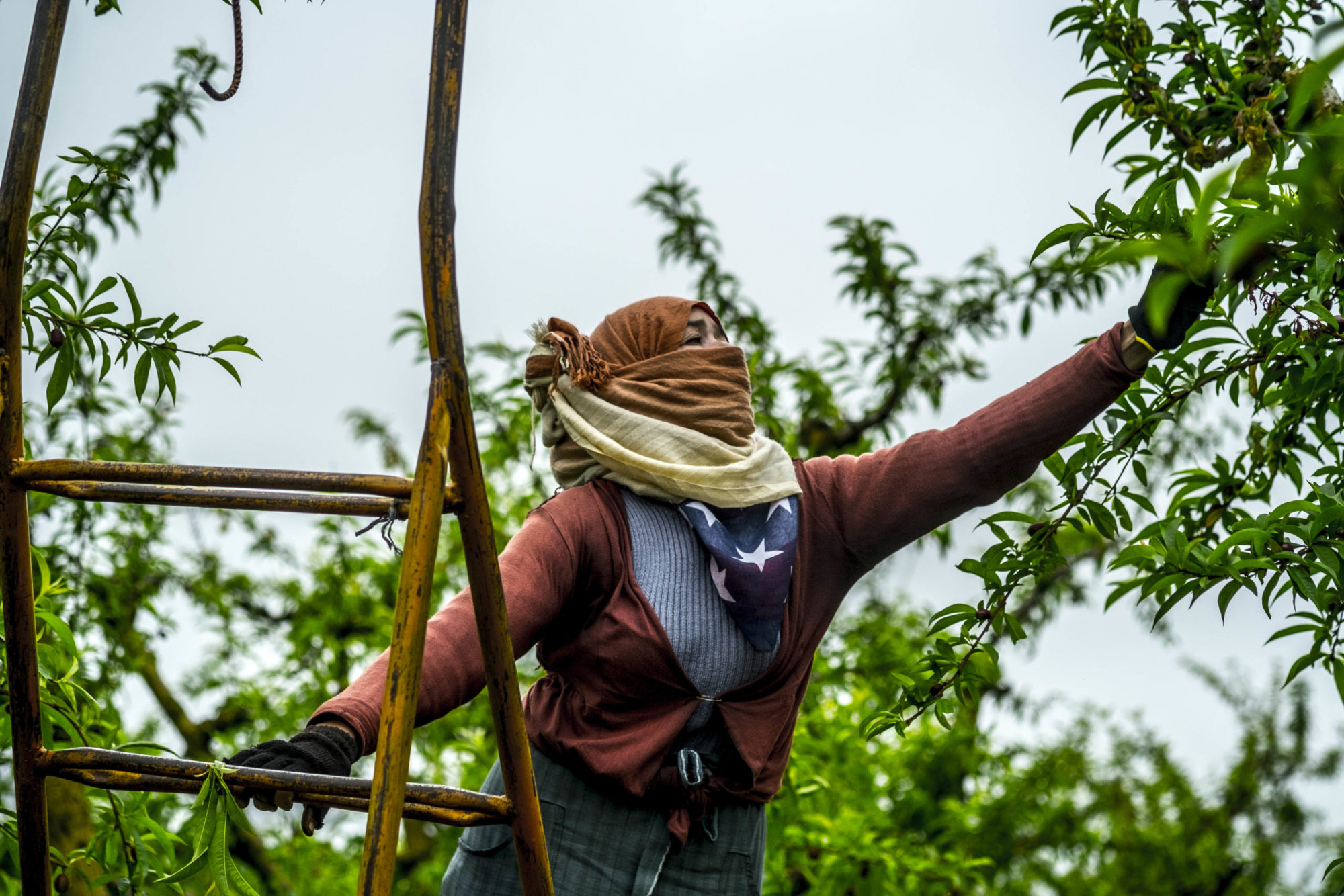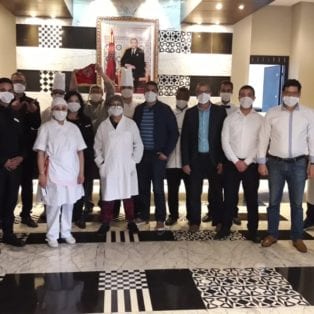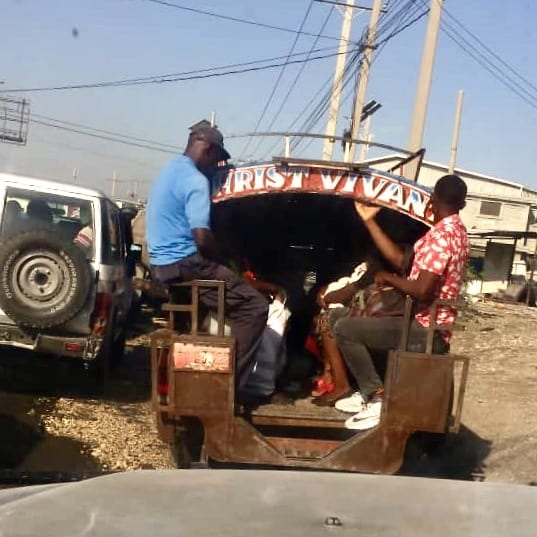The Union of Moroccan Workers (UMT) is condemning the recent firing of journalist and television host Youssef Belhaissi and attacks on other members of his union, including Aziz Fathi, a union office coordinator, who was demoted from editor-in-chief. The company had...

In Morocco, the Solidarity Center builds the capacity of workers and local unions through leadership development and advocacy for the rights of women, including agricultural workers. Credit: Solidarity Center/Zineb Arraki
Morocco Hospitality Workers Stand Strong in Pandemic
Unions throughout Morocco are negotiating wage guarantees and other measures to safeguard the livelihoods of the tens of thousands of workers in the country’s hospitality industry—cooks, wait staff, hotel cleaners, tour operators—who have been furloughed or lost their...
From Haiti to Kenya, Unions Take Action on COVID-19
Just as the magnitude of the COVID-19 pandemic highlights the massive global economic and social inequality around the world, with workers in the informal economy and supply chains, and migrant workers—many of whom are women—especially marginalized, so, too, does it...



